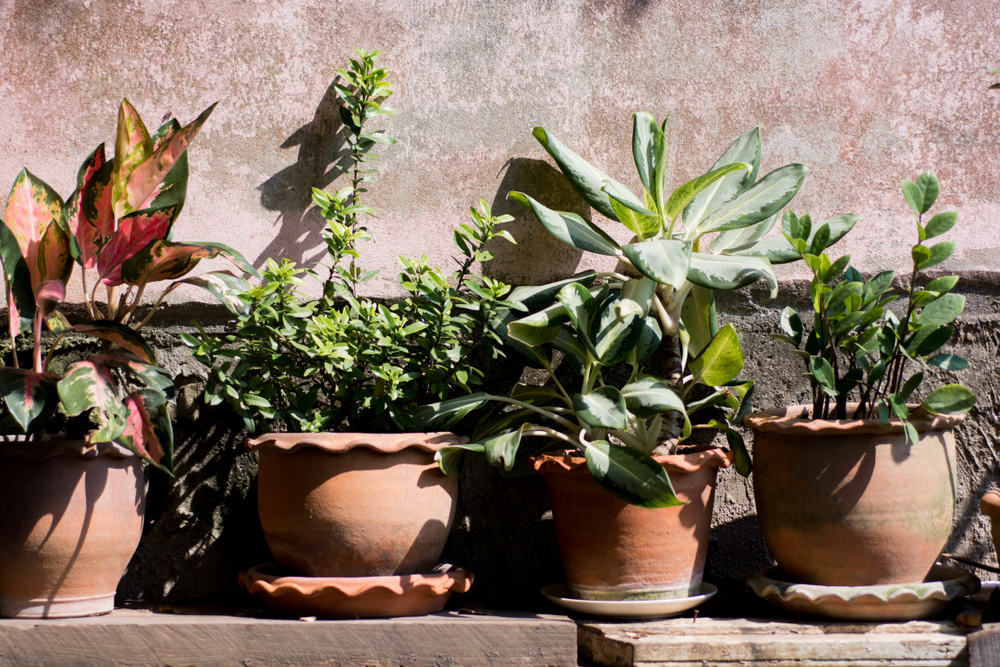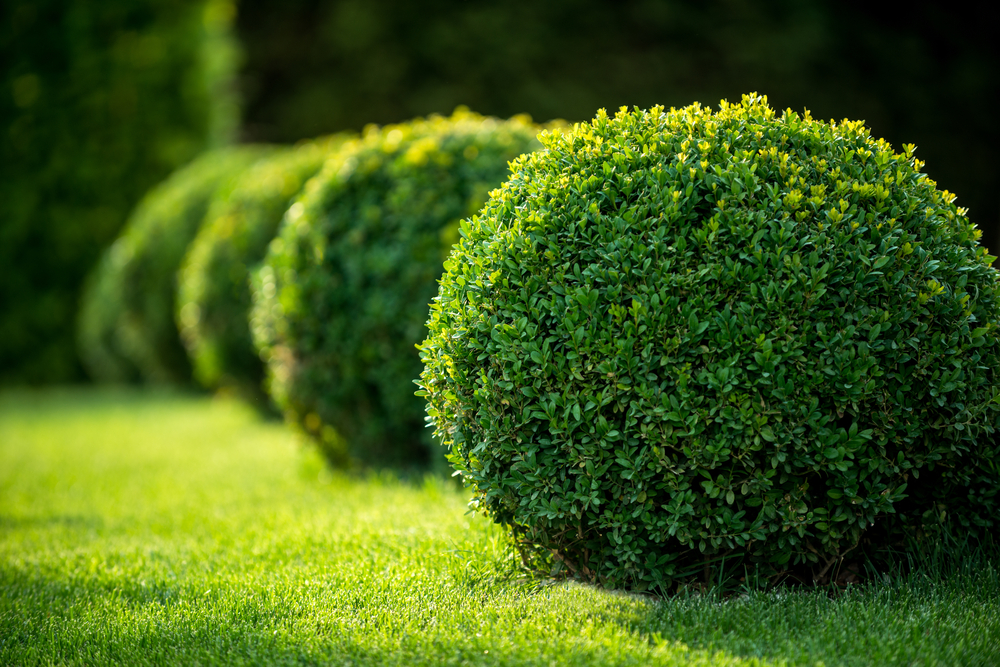
Most villa communities provide beautiful, tranquil, manicured gardens, play areas, and other natural leisure places. Villas have open spaces that may be transformed into private gardens or whatever else you like. If you enjoy gardening, a villa allows you to have your garden. You will have access to your private terrace, which you may use for various activities. It may be your terrace garden.
If you own a villa with a garden, whether a large or little garden or even some outdoor plants, you should know how to care for them properly in the coming heat. Trimming branches, eliminating sad leaves, organic insect management, and additional foliar and soil nutrients may all help bring your garden back to life.
Remember that summer is both the most significant and worst time of year for our plants and that if we wait too long, we risk wasting time planning our gardens.
Get Up Close And Personal With Your Plants
One of our most effective strategies for ensuring the long-term success of our gardens and landscapes is observation. We are sometimes so enthralled by development from afar that we overlook underlying difficulties until we get up and personal. During the summer, go through your gardens and pots once a week to see if there are any signs of stress, heat, or drought, as well as to check the general health of your plants.
Damaged Foliage Should Not Be Removed
Hands off the pruners, at least for now, because those brown leaves and branches shield the tree from further injury and may even contain live tissue.
Let Your Grass Grow A Little Longer
In the summer, it is preferable to raise the height of your lawnmower blade and cut your grass a bit longer than expected. During hot, dry weather, more leaf surface makes the grass in your home garden healthier.
.jpg)
Mulch Keeps The Soil Cooler, So Your Plant Roots Are Healthier
You may add anything created from organic matter to organic mulch, which can be made from various sources. For example, shredded wood, straw, and a combination of grass clippings and shredded leaves. These elements will benefit your soil long-term as they disintegrate and add to your soil structure. One of the most extraordinary things you can do for your garden, especially during heatwaves, is to spread mulch over the soil.
Do Not Neglect Potted Plans
Because they don't have the option of digging their roots deeper for water, potted plants are significantly more susceptible to warming. On the other hand, potted plants are easy to transport to a more protective location if necessary. So, keep them out of the scorching midday sun and keep the sand wet. It keeps the roots cold and the plants healthy. Before leaving the house for the day, place a pot-saucer under the pot and fill it with water.

Avoid Dark-Colored Containers
Dark-colored containers absorb more heat than lighter hues and fry a plant's roots. To offer potted plants some insulation and shade, try placing them inside larger pots, but make sure both banks have sufficient drainage. Even in warmer weather, plants drown in standing water.
A Liquid Fertilizer Treatment Often Reduces Heat Stress
Fertilizers may be beneficial to plants during extreme heat. A liquid fertilizer application can help preserve the plant in the future by reducing heat stress. Apply a soluble fertilizer with seaweed, and take advantage of the chance to water, feed, and rectify mineral shortages all at once.
Increase The Shade As Much As Possible
It's frequently a good idea to strategically plant a tree, vine, or clumping bamboo to provide shade for your home and garden. Plants that have just been planted are susceptible for a week or two; attempt to protect them with palm fronds or leafy branches. It assists them in establishing themselves without causing harm.
Beware Of The Wind
Another concern is wind, which dries the soil, plants, and mulch. Therefore, a live screen, such as a hedge or fencing, is strongly suggested. It would be best if you chose a fence that lets some air passage through it. If there is no way for air to circulate, the garden will quickly become a heat trap.
Make An Effort To Meet The Demands Of Your Plants.
While certain crops can endure the heat, trim-blooming shrubs with delicate green leaves native to cooler climates can be severely harmed. Because these plants absorb much water via their leaves, spraying them regularly can help them stay healthy.

In The End
Not only do we people suffer from dehydration and heat-related side effects throughout the long summer months, but so do the plants in our villa gardens, especially in hotter climates. That is why proper planning and care are vital for your villa garden to endure the withering effects of the Gulf summer.










Comments (0)
Leave a comment